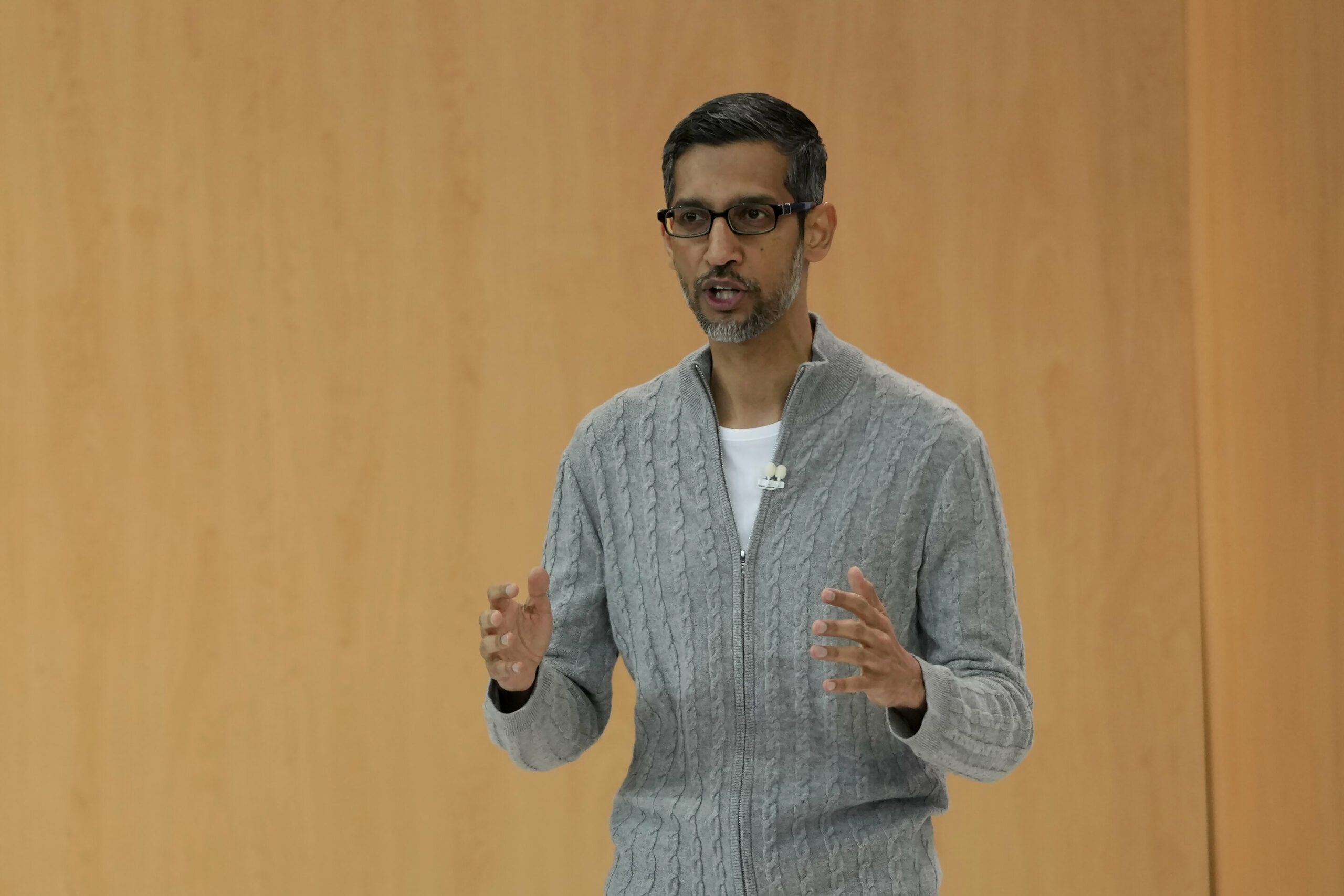Google has announced its plans to integrate its search engine with advanced artificial intelligence (AI) technology, in response to the threats to its position as the internet’s main gateway. The shift in Google’s search engine has been introduced three months after Microsoft’s Bing search engine started using technology similar to that which powers the AI chatbot ChatGPT. Google owns a conversational chatbot called Bard that has been powered by a technology known as generative AI, and it has only been available to people who were accepted from a waitlist. Google has now revealed that it will make Bard available to everyone in over 180 countries and more languages beyond English. The expansion of Bard’s multilingual feature will begin with Japanese and Korean, before adding about 40 more languages.
Google’s AI Transition and Plans
Alphabet CEO Sundar Pichai stated at a developers conference that Google is reimagining all its products, including search, and more AI technology will be coming to Gmail with a “Help Me Write” option that will produce lengthy replies to emails in seconds, and a tool for photos called “Magic Editor” that will automatically doctor pictures. Google will begin testing the AI waters with its search engine, which is a pillar of its digital advertising empire that generated more than $220 billion in revenue last year. Google is taking a cautious approach to the integration of AI technology with its search engine, as there are concerns about the fabrication of information that sounds authoritative. The AI-generated summaries will be tagged as an experimental form of technology, and Google is pledging that they will sound more factual than conversational. In addition, Google is building guardrails that will prevent the AI baked into the search engine from responding to sensitive questions about health and finance matters. In those instances, Google will continue to steer people to authoritative websites.
Google is not predicting how long it will be before its search engine will include generative AI results for all comers. The Mountain View, California company has been under intensifying pressure to demonstrate how its search engine will maintain its leadership since Microsoft began loading AI into Bing, which remains a distant second to Google. In addition, Samsung is considering dropping Google as the default search engine on its widely used smartphones, and this has raised the possibility that Apple might adopt a similar tactic with the iPhone unless Google can show its search engine can evolve with the forthcoming AI-driven revolution.
Google is aiming to make Bard smarter by connecting it with the next generation of a massive data set known as a “large language model,” or LLM, that fuels it. The LLM that Bard relies on is called Pathways Language Model or PaLM. The AI in Google’s search engine will draw upon the next-generation PaLM2 and another technology known as a Multitask Unified Model, or MUM. Google is also planning to add a new filter called “Perspectives” that will focus on what people are saying online about whatever topic is entered into the search engine. The new feature will be placed alongside existing search filters for news, images, and video.
Google has also unveiled the first foldable smartphone in its Pixel line-up of gadgets. The foldable Pixel phone will sell for $1,800 and begin shipping next month. It will unfold with a hinge and be packed with AI. Although foldable phones have remained a niche market, Google is entering a new type of smartphone design that allows users to deploy the device as a mini-tablet, nearly three years after Samsung introduced its first bendable model.



Leave a Reply